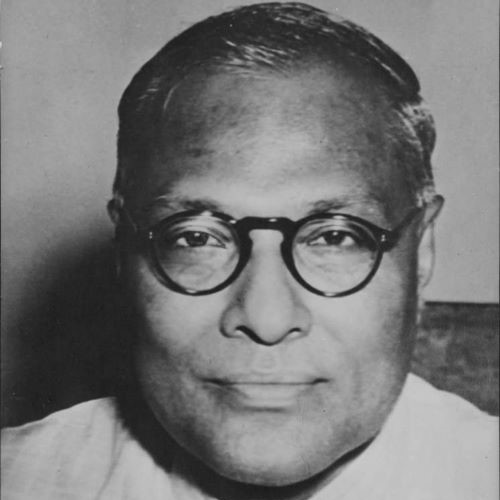Early Life
Kshitish Chandra Neogy was a politician and lawyer from West Bengal, born in 1888. Not much is known about his early life.
Role in India’s Independence Movement
Neogy was elected to the Central Legislative Assembly (the lower house of the Imperial Legislative Council during British rule in India). Representing the Bengal province, he won elections for the first time in 1920 and then in 1923, 1926, 1930.
He represented the Orissa States at the First and Second Round Table Conferences in November 1930 – January 1931 and September 1931 – December 1931 respectively.
Some highlights of his career as a member of the Imperial Legislative Council included his appointment to the Indian Cinematograph Committee. The Committee was established in 1927, where Neogy along with B.T. Rangachariah (the Chairman of the Committee) and the Honourable Khan Bahadur Sir Ebraim Haroon Jaffer investigated the need for censorship of the Indian film industry.
In 1944, he gave a passionate speech during the proceedings of the Central Assembly about the state of food supply under the British government. He highlighted the lack of attention given to storage of food supply and lamented the lives lost during the 1943 Bengal famine, berating the Imperial government for their apathy.
Contribution to Constitution Making
Neogy was elected to the Indian Constituent Assembly from the Bengal province as a member of the Indian National Congress. He made no interventions during any Assembly debate and wasn’t a part of any Committee.
However, he was indirectly involved in the Constituent Assembly debates on Article 246, according to the Seventh Schedule. As the head of the Advisory Planning Board in 1946, Neogy’s report on planning and development formed an integral part of how the Constituent Assembly decided on the powers of the Union and state governments.
Later Contributions
In 1946, Neogy was named as a member of the Nuclear Commission (called ‘nuclear’ because it was formed during the first session of the UN Economic and Social Council). As the preparatory Committee, Neogy and his fellow members established the bedrock for the drafting of the Universal Declaration on Human Rights. He was also considered as a bridge between the United Nations and India’s government.
Neogy was a member of the Interim Government of India under Prime Minister Jawaharlal Nehru in 1947, appointed as the Minister of Relief and Rehabilitation, and later as Minister for Commerce. As the first head of the Advisory Planning Board in 1946, his report laid the foundation for the formation of the Planning Commission and the development of the Five-Year Plan.
In 1950, Neogy took charge as the second Finance Minister of India after the resignation of R. K. Shanmukham Chetty. However, he only held office for 35 days as he resigned along with Syama Prasad Mookerjee in protest of the Union government passing the Liaquat-Nehru Pact in the same year.
In November 1951, Neogy was appointed by the President of India, Rajendra Prasad, as the chairman of the first Finance Commission of India.
He passed away in 1970.
Key Writings
Neogy wrote an article about Rabindranath Tagore in a collection of articles published by the Open Court in 1917.
A speech by Neogy on the events that led up to Mahatma Gandhi’s arrest in 1942 was published by the India League of America. The speech was delivered in the Indian Legislative Assembly on September 17, 1942.
- What Happened After Gandhi’s Arrest (Central Legislative Assembly, 1942)
- Report of the Advisory Planning Board (Government of India, June 1947)
- The Constituent Assembly of India (Legislative) Debates: Official Report (1948). India: Manager of Publications.

